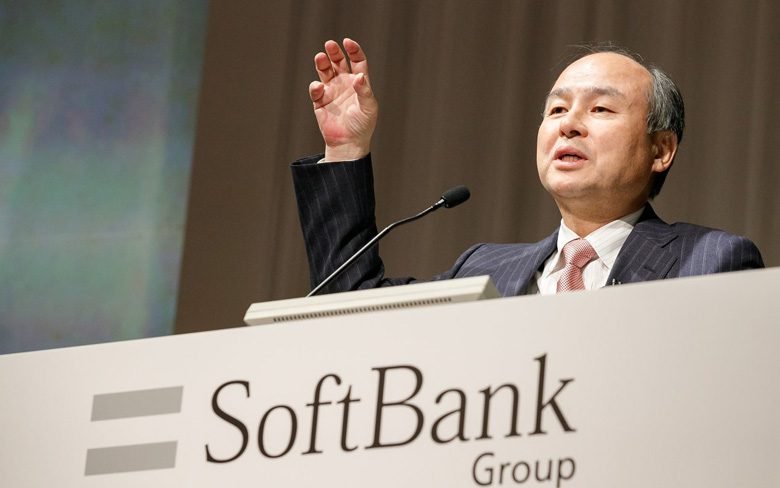SoftBank intends to invest $1 trillion in India for developing solar power projects within 2030. In return, it is demanding that electricity tariffs be fixed in dollars! That’s not all; it even wants assurance from the Indian government that its products will definitely be bought!
The Indian government naturally will not want to leave state utilities in the uneven hands of foreign exchange. In terms of purchase guarantees, sellers negotiating over PPAs (power purchase agreements) with buyers as per industry practice are preferred by New Delhi.
SoftBank already agreed with Chinese company GCL System Integration Technology on a joint solar energy venture in India by investing $930 million. While GCL has the technology, SoftBank can take care of obtaining land and regulatory approvals, as stated by GCL in a filing to the Shenzhen stock exchange in early April.
Softbank, solar India’s plans regarding solar power include achieving an operational solar power capacity of 100 GW (five times current levels) and a total renewable energy capacity of 175 GW (from mixed sources like solar, wind, biomass, and small hydro), by 2022. These are the targets under the strategies of PM Narendra Modi.
In order to achieve the objectives, the government needs about $125 billion of funding, which is difficult to process because of falling tariffs. The joint venture of SoftBank and GCL can provide the country with 4 GW implemented in two 2-GW phases. The former will own 60% of the venture’s shares, with the latter owning the rest.
SoftBank’s massive standalone proposal gave rise to the reference of the Enron scandal in 2001, where Enron was granted similar assurances and ended up being “the biggest audit failure”.
A few days ago, the Japanese company made a presentation to the power minister R. K. Singh and executives of the power and renewable energy ministries after meeting the Prime Minister.
Stay put into getting the next development from us regarding this case as it surfaces!
